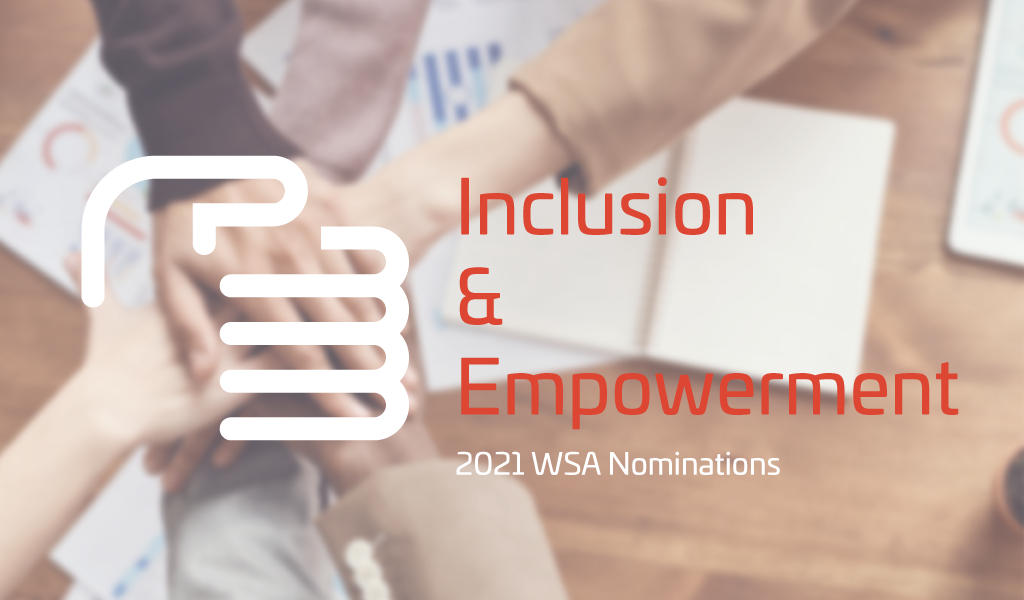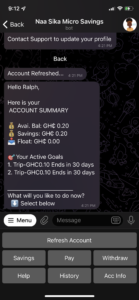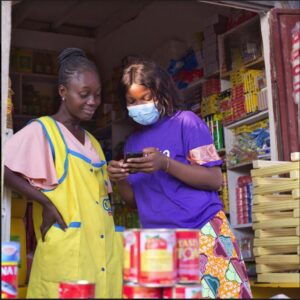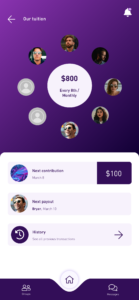WSA 2021 NOMINEES OF INCLUSION AND EMPOWERMENT
INNOVATE TO EMPOWER
WSA focuses on selecting and promoting digital innovation and quality content from local communities from over 180 UN-Member States. Every year WSA National Experts nominate up to 8 best digital impact practices, which are classified in 8 WSA Categories. WSA encourages knowledge sharing within the WSA Network and beyond in order to reach the UN SDGs.
An intersectional approach and a global vision are key to understanding the diversity of the projects within the 39 WSA 2021 nominees in the Category of Inclusion and Empowerment.
WSA identifies four main trends in this category of WSA 2021 nominations - education, reducing inequalities, reinforcing the public services provided to citizens, and financial inclusion.
Trend 1: Focus on education
Why is education relevant for empowerment and inclusion? How do the nominated projects tackle issues? The WSA Nominees 2021 focus on making quality education available through setting the focal point on the right of internet access. The main solutions include providing necessary hardware (e.g. laptops), reducing connectivity issues, and reinforcing internet accessibility.
![]()
From Finland, Sustainable Me supports students in their lifelong learning journey. It aims to empower students and adults to help them make informed decisions about their professional careers. Furthermore, it provides information on the possibilities of career path changes, and possible relevant courses in order to make that possible. The Brazil Immersive Fashion Week presents how fashion and Al can work together to promote education as well as collaborate and connect across the Latin American Region. It does so this with a gender lens perspective and a focus on the fashion world.
The Covid-19 Pandemic has emphasized the big disparities, in particular, in terms of accessibility to online resources and internet access. GiveInternet.org, from Georgia, aims to reduce the digital gap with a particular focus on girls. According to the organization, 67% of 1.1. billion students who do not have access to the internet worldwide are girls. They provide laptops as well as offer a mentoring program in order to give guidance and support to the students in their ongoing learning paths.
eFlow Education, Lebanon, is a ChatBot, which can be used through message apps such as What's App, to provide access to online content materials. The online learning marketplace, Our future from Malawi, focuses on reducing the differences in education access due to a lack of resources. From Belgium, FTRPRF is a coding academy set on reducing the digital skills gap by decreasing the difficulties that teachers encounter, when they teach their students how to code.
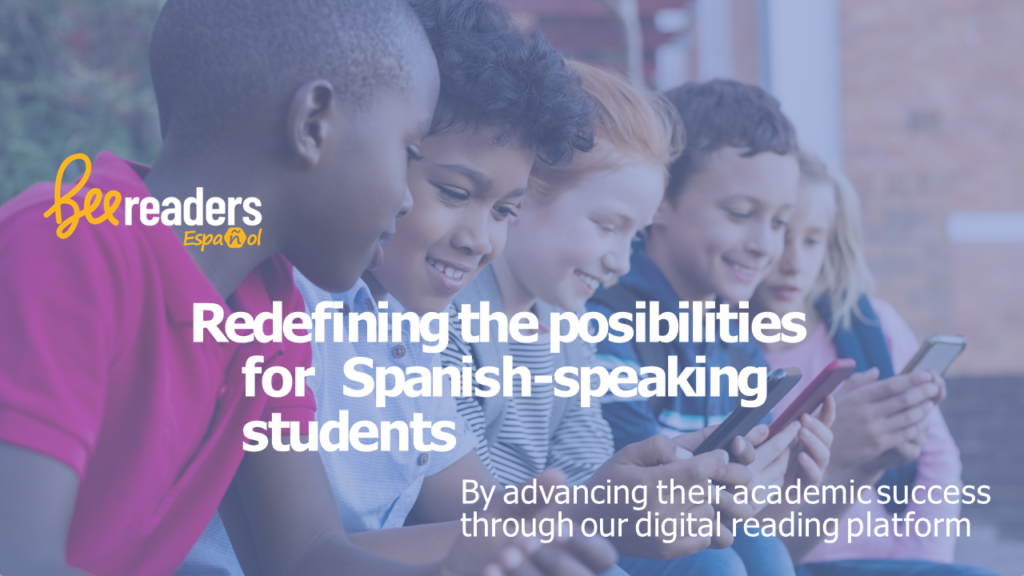
Beereaders, a digital platform from Chile, enables students to amplify their comprehension by increasing interest in reading through a wide range of authentic and culturally relevant content in Spanish. From Portugal, SPEAK Mobile App offers a platform that connects migrants, refugees, and locals through language courses. Languages are also key tools for inclusion and cultural exchange, both physically and through a mobile app. Other projects focus on making education universal. For example, Holinet Connectivity from Mexico provides access to the internet to rural and marginal indigenous communities in Chiapas. Another project, Bully Box from Lithuania, aims tackling bullying issues by making it easier to report them, in order to allow the most vulnerable to share problems and ask others for help. Bully Box is already operated by 323 public schools in the country.
Trend 2: Focus on reducing inequalities
Social inequalities can be tackled by digital technologies. From reducing inequalities (SDG10) and fighting for gender equality (SDG5) to developing peace, justice and strong institutions (SDG16) - the WSA Nominees in the category Inclusion and Empowerment present impactful solutions for all.
Adressing discrimination, the WSA nominees in this category focus on the impaired, the blind and functional diversity. Sonar Islands, from Austria, attempts to give blind people access to the internet, particularly with games in a multiplayer game scene. To blur the lines of inequality caused by low access to resources between social classes, Able Hill Vision from Romania, and Shoes Smart of the Visually Impaired from Sri Lanka, aim to bring assistive devices to people with vision and hearing disabilities at an affordable price while widening their social arena and improving their quality of life.
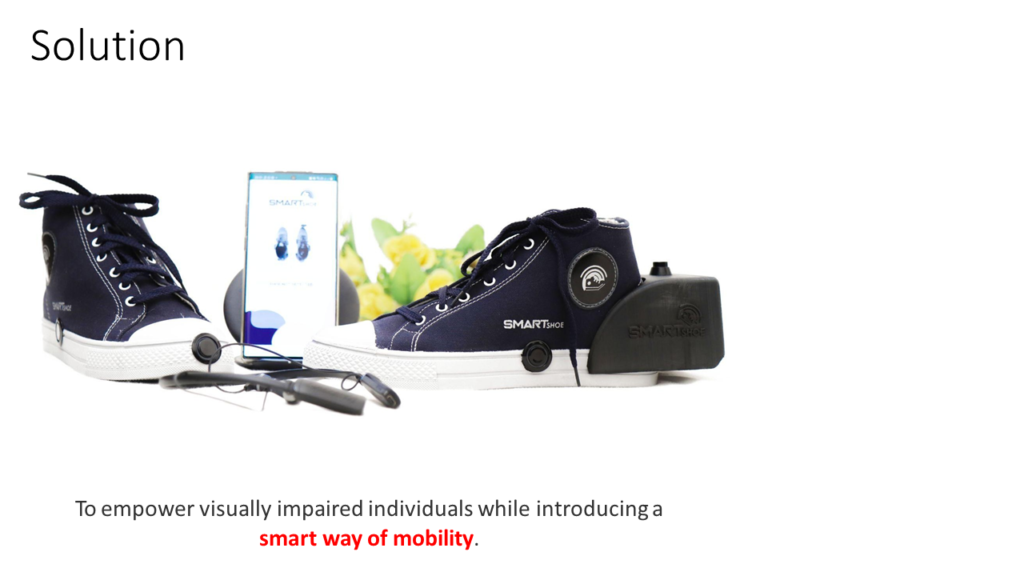
To make brands more inclusive, Blind Look from Turkey aims at promoting the Eye Brand, a “global certification for inclusive services ”. Moreover, Mobility Mojo from Ireland aims to facilitate the inclusion of people with disabilities in their workplace, business settings and hotels.
The lack of accurate information on the level of accessibility in hotels constitutes one of the largest barriers for people with disabilities: "For Mobility Mojo, accessibility is not about creating separated services for people with disabilities, but rather, to use technology to seamlessly integrate accessibility into everyday experiences.“
From a cultural perspective, the Rights Cube from Italy opens the door to the creation or adaptation of museum expositions to VR, raising awareness on the many difficulties that the impaired and disabled and the elderly may experience.
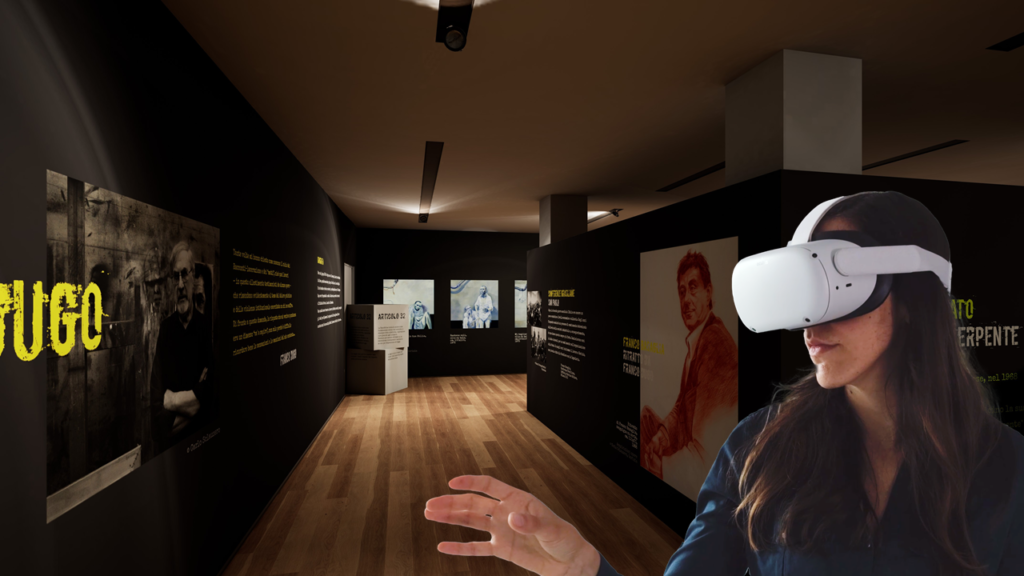
From a media narrative perspective, Fair Picture from Switzerland is focused on reversing the perception of inequalities themselves that emerge from storytelling of the Global South. The project is empowering visual creators from the south to combat the “rush-in rush-out” perspective.
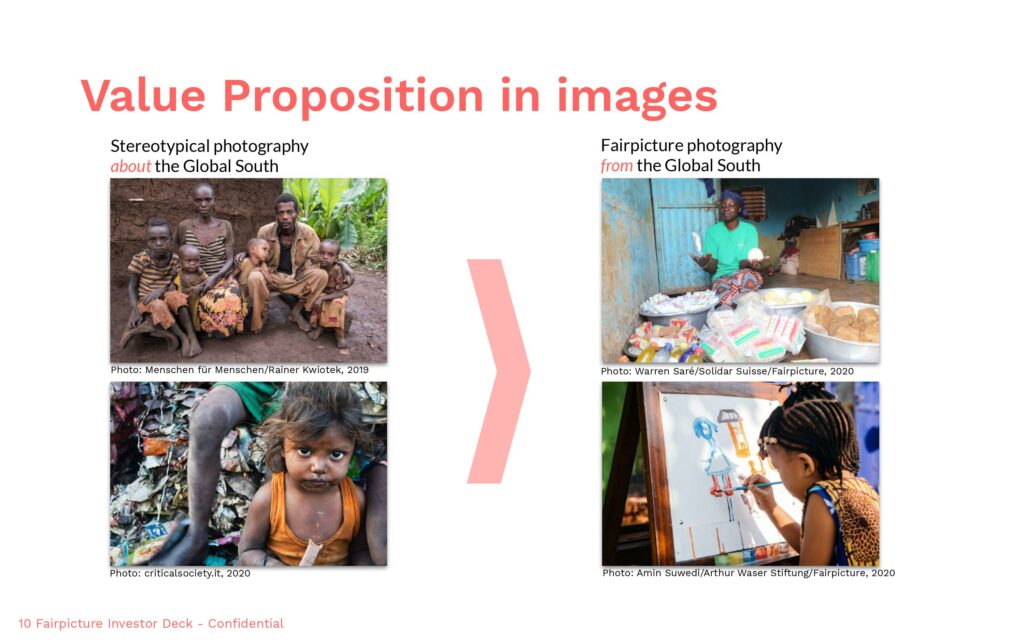
OmoGuru from Croatia employs web and mobile software to help struggling readers with a particular focus on Dyslexic students. It offers them a tool to empower themselves in the reading capabilities, to increase their self-confidence and motivation. Dyslexia is not a difficulty, but just one of the differences among us. Dyslexics think differently. They see the world differently“
Trend 3: Focus on reinforcing the public services provided to citizens
The bot Alma App from Guatemala enables citizens to make conscious health decisions via closing the gap between the Guatemalans and healthcare providers, and therefore, democratizing health access for all. It is currently offered in 6 Mayan languages and Spanish.
![]()
In the field of justice, Qatar Legal Portal – Al Meezan from Qatar aims to promote transparency in court cases. Bring Together from Germany is focused on problems of accessibility to appropriate and adequate housing, as stated by Article 25.1. of the Universal Declaration of Human Rights. Its goal is to match people who want to share housing, in order to live in a sustainable manner, support social and societal change, while tackling problems of affordability and loneliness.
Trend 4: Focus on financial inclusion
“Harnessing disruptive technologies to deliver social protection to the informal sector workers who do not benefit from existing social safety nets, but who are vulnerable to falling into poverty, is an urgent development challenge,” stresses Michal Rutkowski, World Bank Global Director for Social Protection and Jobs.
In the Global South, Naa Sika, from Ghana, is a Chat Bot that can be used within an app, such as Telegram. Its goal is to empower those in the formal sector, especially women, to manage its accounts and operate as an e-Micro-Bank for the marginalized. 50% of its users are women, and the most used feature is savings.
From the Global North, the project Financial Inclusion and Economic Development, from Canada, fights against credit invisibility, which leads to credit accessibility problems. MICC is a social group lending platform that allows friends to pool funds, access interest-free loans, and build a credit history. Social peer pressure increases accountability, and thus makes it much more likely for the credit to be returned.
The Inclusion and Empowerment nominations 2021 focuses on tackling the access to quality education, reducing inequalities, promoting gender equality, as well as raising the awareness of society in narrative building and financial sectors. To promote respect and to help build just and equal societies, the connection between the explored and discussed trends above must be bridged. In addition to the current impact this year's nominees already have on their communities, potential transformative power is huge, if it is recognized and encouraged. It is time to take action, and give inclusion and empowerment the space, resources and energy they need to truly blossom.
Interested in which projects were nominated? Find below all the list of nominees!
